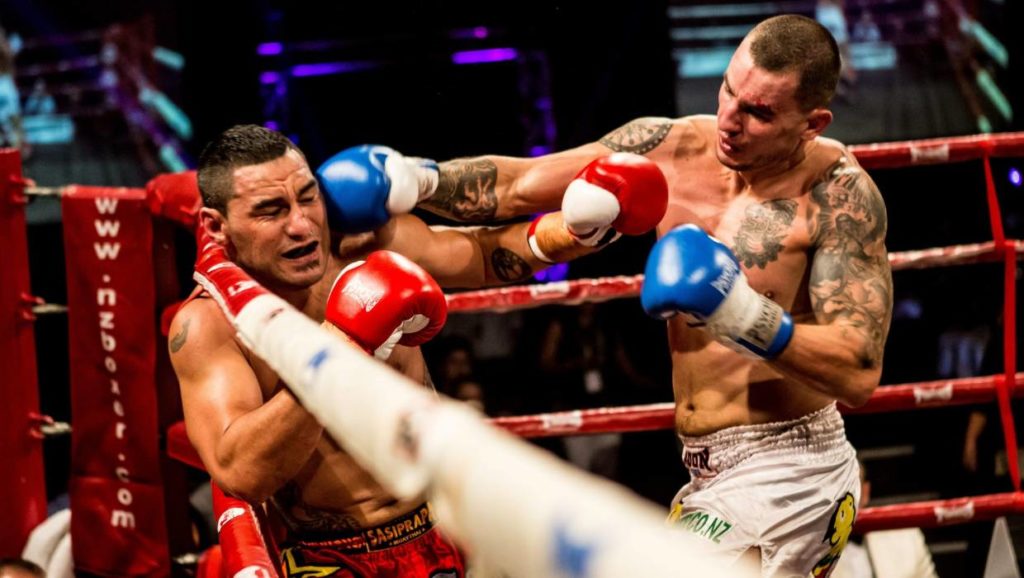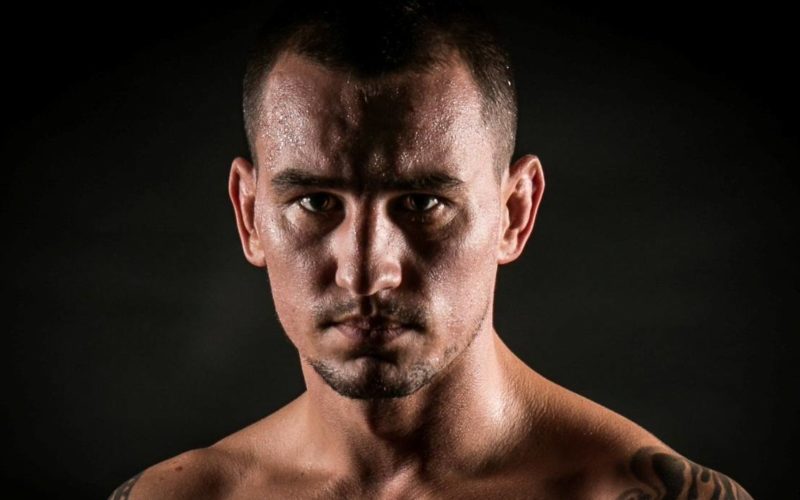Drug smuggler Karel Sroubek says he’s taking his parole decision “on the chin” yet insists his case highlights New Zealand’s archaic and ineffective parole system.
But a crime victims’ support group says Sroubek should do his time respectfully “instead of going out swinging” and sending statements to the media.
The high-profile Czech kickboxer inmate, also known as Jan Antolik, was denied parole last week over his conviction for drug smuggling.
Considering the exhausting interest in my case I am taking this opportunity to respond,” Sroubek said in a press release on Wednesday.
Sroubek said the parole system had not changed for decades and was contributing to New Zealand’s “record high levels of incarceration” and unacceptably high reoffending rates.
“There is a simplistic belief that a prisoner cannot commit a crime while in prison but the facts simply do not support this.
“Just as in Australia, the USA and Europe, prison sentences are divided into three parts – punishment, rehabilitation and reintegration,” Sroubek added.
“It’s for this reason that most inmates become eligible for parole after serving a third of their sentence,” he added.
Sroubek, jailed at Auckland South prison in Wiri, said the board chose to disagree with professional opinions of case managers who deemed his risk as being low.
“It is not the role of the Parole Board to retry a prisoner – that happened when they were sentenced in court.”
Sroubek said the board “repeated unsubstantiated claims” that he was associated with the Hells Angels.
The board last week found Sroubek posed an “undue risk” to the community and should not be released.
Yet private prison company Serco assessed him as posing a “low risk” of reoffending.
Sroubek is serving a sentence of five years and nine months for importing $375,000 of ecstasy.
The board released its decision last Wednesday following a hearing on September 16.
Sroubek said he was grateful the board acknowledged his good behaviour in prison and did not blame him for not taking part in any rehabilitation programs.
But he said his low security rating made him ineligible for courses higher-security inmates could access.

“The end result is that they have stood me down requiring yet another risk assessment and a third psychological assessment that my security rating also doesn’t qualify me for.
“The result is that I will remain in prison for another four months at a cost to the New Zealand taxpayer of $100,000 per annum.”
Sroubek said New Zealanders should be worried about a decision that gave weight to “innuendo and half facts that are fed to the media and the political opportunism of some”.
Jess McVicar, Sensible Sentencing Trust national spokeswoman, said “instead of going out swinging”, Sroubek should accept the board’s decision gracefully.
“They don’t make these decisions lightly.”
McVicar said community safety was the board’s major concern and inmates who could not provide these assurances should reflect on how to better themselves.
“They need to go and serve their time respectfully and be remorseful for their crimes.”
She said a political “stuff-up” may have emboldened Sroubek to feel aggrieved.
Sroubek’s legal sagas and residency status have been intertwined with long-running political controversy.
Sroubek was convicted of a previously unreported crime but not deported.
And in October last year, Immigration Minister Ian Lees-Galloway granted Sroubek residency, even though he came to New Zealand on a false passport.
Immigration NZ also underwent an independent review into its processes.
“The Board doesn’t comment on its decisions,” a Parole Board spokesman said on Wednesday.
Make Sure You are Subscribed to our Facebook page!
Source: Stuff
